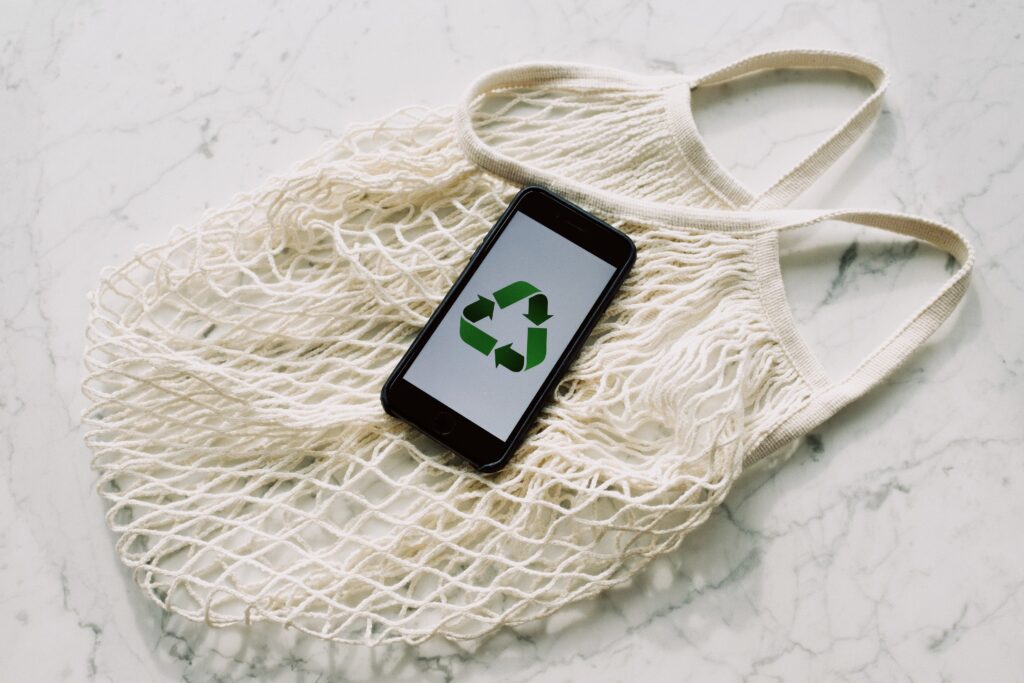The best trends and initiatives for sustainable hotels
Sustainable hotels is one of those trends that, like digitalisation in the hotel sector, is here to stay. For this reason, sustainable hotels have received special attention over the last decades.
According to a study by “Green and sustainable tourism: profiles and trends“, 66% of tourists are willing to pay more for sustainable brands. Hence the effort of hoteliers to comply with the sustainable accommodation label.
Would you like to implement more sustainable practices in your hotel? In this article, we share with you a list of thebest trends and initiatives for sustainable hotels.
Sustainable hotels: What is sustainable tourism?
According to the UNWTO, the definition of sustainable tourism is “tourism that takes into account its current and future economic, social and environmental impact in meeting the needs of travellers, the industry, the environment and local communities”.
OK, but what is a sustainable hotel? A sustainable hotel is one that respects the environment and whose operation does not have a negative impact on the place where it is built. Likewise, sustainable hotels actively engage with the local community, respectfully using its resources and promoting the economic and social development of the area.
Sustainable tourism trends for your hotel
Reducing energy consumption
The biggest challenge for the sector is to reduce the energy costs of operations. For example boilers, refrigeration, water management, without negatively affecting the guest experience.
According to the Carbon Trust, hoteliers can reduce their energy bills by up to 20% by implementing energy efficiency measures.
We will first introduce you to some tips on how to improve the efficiency of your water consumption. Secondly, our solutions to reduce your property’s electricity consumption.
- Reducing water consumption
Most of the improvements in these areas are simple. Reducing water pressure in showers, fitting water leak detection and rainwater harvesting devices, limiting the use of water for washing as much as possible, and encouraging guests to be more careful with the use of towels (to avoid too frequent washing).
- Reducing electricity consumption
To reduce energy consumption, there are several methods. Some are more specific to tourist accommodation and others are more focused on hotels:
-Substitute mini-fridges and coffee machines in each room for common services. Very few guests still use these services, and they represent a very high cost for hotels.
-Investing in new, more modern, and more efficient appliances. There are now ranges of eco-responsible devices with very low energy consumption.
-Install automated energy management systems and adapt buildings to be energy efficient. Energy management systems will allow you to automatically reduce heating/air-conditioning at certain times, or adjust the temperature of rooms depending on the time of day, etc.
-Replace the light bulbs in your property with eco-friendly bulbs. They are generally more expensive than traditional bulbs, but have a longer life span, allowing you to get more out of them.
These improvements represent an investment for some companies, but pay off in the medium term. They usually pay for themselves in less than three years and generate energy savings of between 5% and 15%.
Technology at the service of sustainability
The health crisis has accelerated the digital transition in the tourism sector, to ensure the operation of businesses and the safety of their customers. Apart from being a very useful support, technology can also help your business to be more sustainable.
Technology can help tourism professionals in several ways. The first is the reduction in the use of paper and plastic. One impressive statistic that reflects the importance of reducing paper and plastic consumption is the amount of waste from a single guest on a hotel night. A report by EHL Insight found that a single guest generates around 1 kilo of plastic and paper waste in a night.
Software to digitise the entire check-in process is emerging as the most popular solution to reduce the use of paper.
Find out more about how to automate the check-in process and the submission of data to the authorities here.
Eco-friendly water bottles
As hotels adopt waste reduction measures, they are increasingly moving away from bottled water.
These hotels know that they must look for alternatives to the problem of plastic bottled water, and are beginning to install filtered water dispensers at strategic points in the hotel/accommodation.
If they do not want to integrate water dispensers, there are other eco-responsible alternatives. For example, refillable bottles or eco-friendly BPA-free plastic bottles can be made available to guests.
Amenities
Many hotels are making a bid to offer tailor-made amenities to their guests. New tourism companies are going one step further by offering all-natural products. We are talking about products based on essential oils, custom formulated without preservatives or artificial ingredients, and presented in recyclable packaging.
While it may be a higher cost than traditional amenities, the gesture of offering healthy and environmentally friendly products will have a positive impact on your guests’ experience.
Another trend, which has proven to be successful, is bulk product dispensers (for self-service, toiletries, etc.). An effective alternative to reduce plastic consumption in your establishments.
Room keys
Another key point is room keys. Keys in card format are made of PVC-based plastic, which is part of a highly toxic manufacturing process. Many hotel companies are opting for cards made from paper, wood and bioplastic. These are not only more environmentally friendly, but also more durable.
Other solutions are being developed in the market to start replacing plastic keys. One of them is digital keys. Keys directly integrated into your guests’ smartphones. This allows them to access and leave the room simply with their mobile phone.
Environmental audits
The way to become a sustainable hotel is to first decide on the certification or credentials you wish to obtain. Each green certification has its own list of requirements. Knowing which one you aspire to allows you to take the necessary steps to obtain it. Otherwise, you risk investing resources in aspects that will not help you gain recognition.
However, this audit is carried out by third parties. Therefore, you should be careful in choosing them. Here is a list of reliable green certifications.
- TripAdvisor Green Leaders
- Greenkey
- Energy Star
- Green Tourism
Conclusion
Sustainable hotels are not just a fad or trend, but already a fundamental aspect of any offer. Fortunately, it is becoming easier and easier to make a property compliant with the minimum measures for sustainable tourism. Moreover, travellers increasingly value the efforts of their owners to minimise their impact.
We hope these tips have been of great help in turning your property into a sustainable place!
Discover how Chekin can help you automate check-in, stay compliant, protect your property, and boost revenue—saving 87% of your time and earning more from every booking.
Free trial for 14 days. No credit card required!






